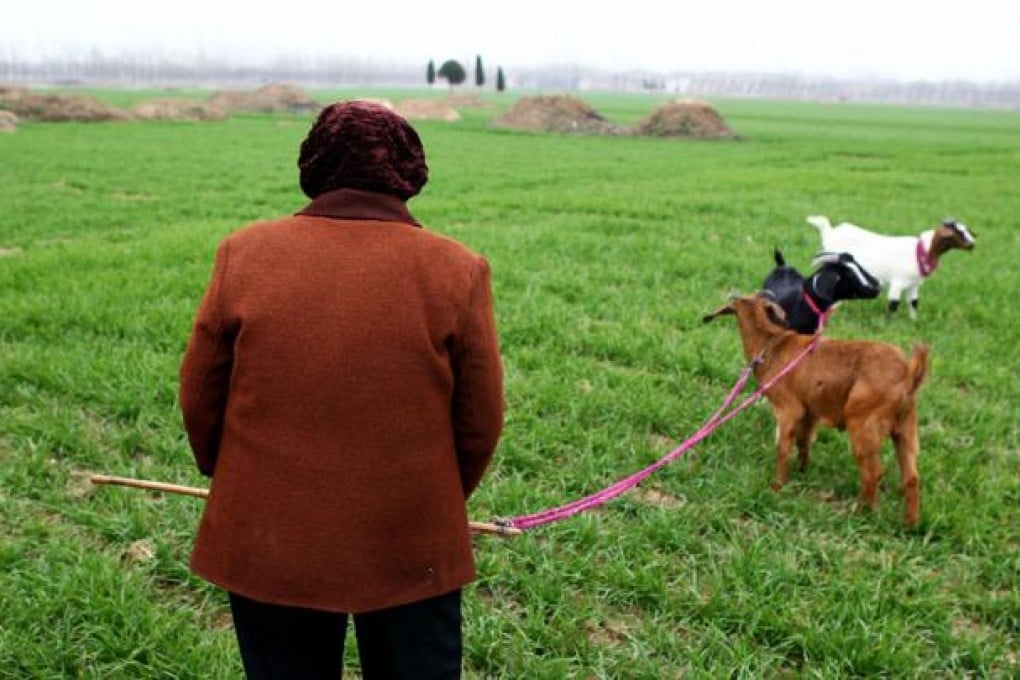Policies aired to boost food security and avoid overreliance on imports
Growing enough to feed everyone on mainland is increasingly difficult, but officials seek to raise output to avoid over-reliance on imports

Henry Kissinger once said: "Control the food and you control the people."
With the largest population in the world and a growing demand for food, China has made boosting agricultural production a priority for decades. If China controls its own food supply, it is less likely to be controlled by external forces, or so the thinking goes.
At the annual Central Rural Work Conference over the weekend, policymakers mapped out wide-ranging policies aimed at improving food security.
Among other things, the government intends to let farmers earn "reasonable profits" and provide more subsidies to help them build a stable workforce in rural regions.
But participants acknowledged the task of meeting the country's demand for food was becoming more difficult. Unlike the late 1990s, when food was abundant, the country now faces domestic shortages of certain agricultural products.
In the first 10 months of this year, the country's agricultural trade deficit grew to a record high of US$41 billion, up nearly 60 per cent from the same period last year according to the Ministry of Agriculture. Imports of staples are growing at a striking pace - twofold in wheat, threefold in rice and fourfold in corn.